Please welcome new contributor Juan Carlos Ojano
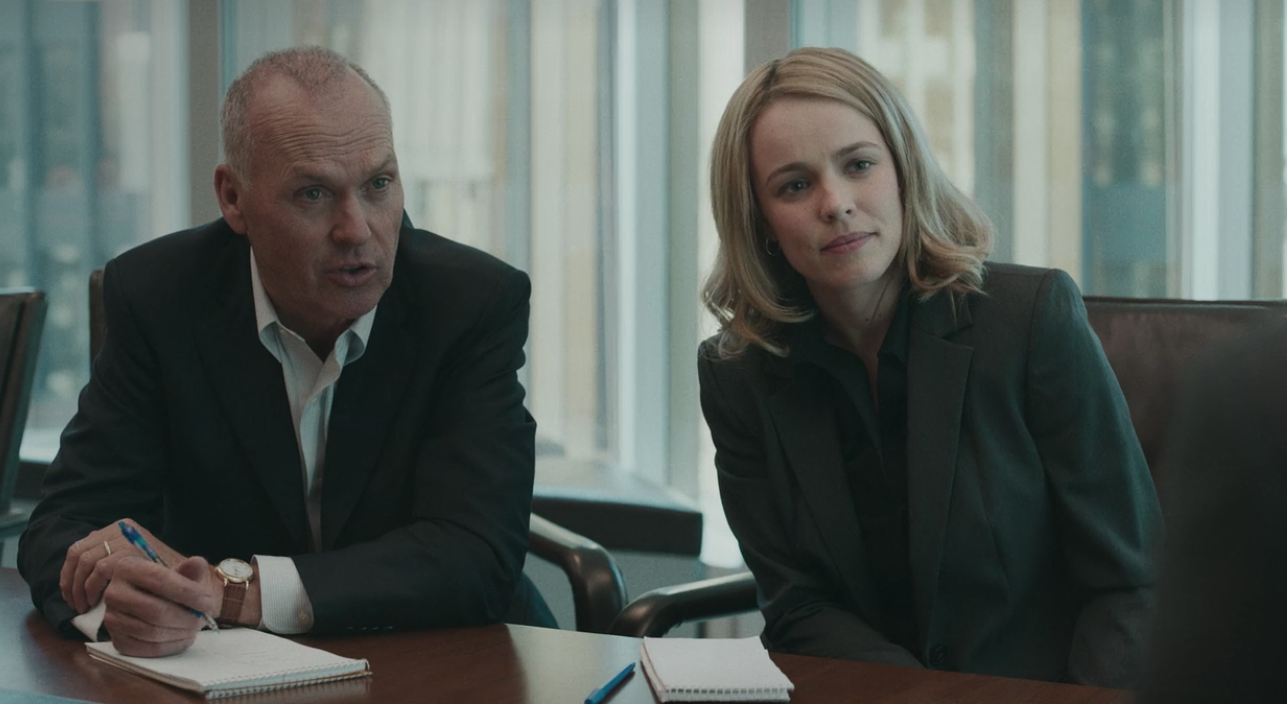
As the 88th Oscars neared its conclusion, the anticipation for the Best Picture winner was high: The Revenant had previously won the DGA and three Oscars including Directing, The Big Short had momentum, the PGA win, and an Oscar for Adapted Screenplay, and Spotlight had previously won SAG and on the big night Original Screenplay. Meanwhile, the critics had rallied behind Mad Max: Fury Road and it just kept winning Oscars that night. But ultimately, it was Spotlight that prevailed, winning the top prize. With the film now streaming on Netflix, it's worth a revisit...
Looking back at last decade’s winners, Spotlight as a Best Picture winner is neither derided like Green Book or The King’s Speech nor highly regarded like 12 Years a Slave or Parasite. Instead, it exists somewhere in that Oscar limbo of Best Picture winners that are, if not forgotten, than infrequently talked about. Future consensus will most likely point to Mad Max: Fury Road or to the un-nominated Carol as the modern classics of 2015. To add to that, Spotlight’s legacy is dwarfed by what preceded and succeeded it: Birdman’s technical virtuoso and Moonlight’s landmark victory for representation. However, Spotlight earns its spot in that conversation and the Oscar for Best Picture.
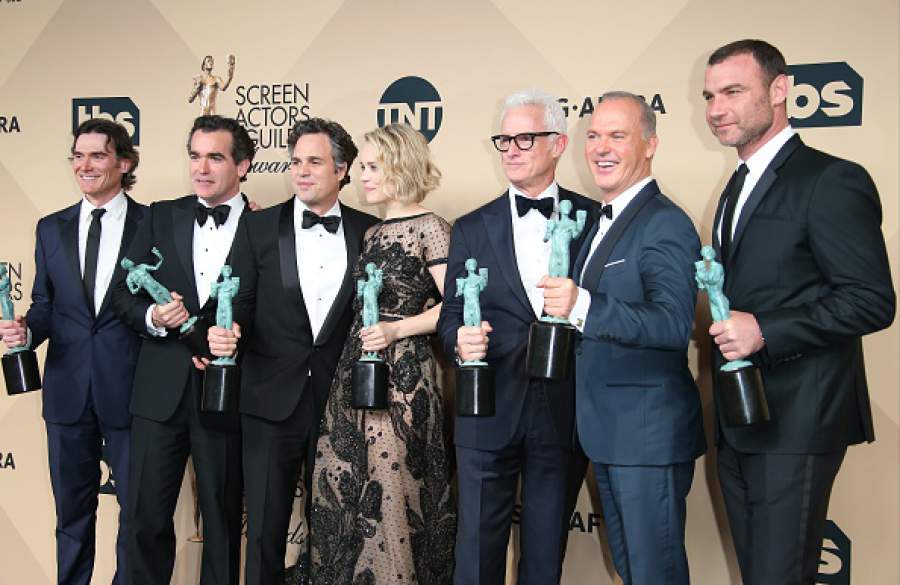 Spotlight's "Outstanding Cast" SAG win
Spotlight's "Outstanding Cast" SAG win
To anyone who needs reminding, here’s a quick summary of the film: the "Spotlight" team of journalists at the Boston Globe do long-term investigations for their paper. With the arrival of a new boss (Liev Schreiber), the team is urged to investigate a priest sexually abusing children. Their investigation leads them to discover that there are yet more priests committing these heinous acts in Boston and that they are being protected by the Archbishop of Boston.
All of the team members have personal stake in this investigation: the editor Robby Robertson (Michael Keaton) rubs elbows with people working for the Archdiocese, Mike Rezendes (Mark Ruffalo) is the one reaching out to the fiery lawyer representing the victims, Sacha Pfeiffer (Rachel McAdams) is living with her practicing Catholic mother, and Matt Carroll (Brian d’Arcy James) has children and is living near the house of one of the priests being investigated.
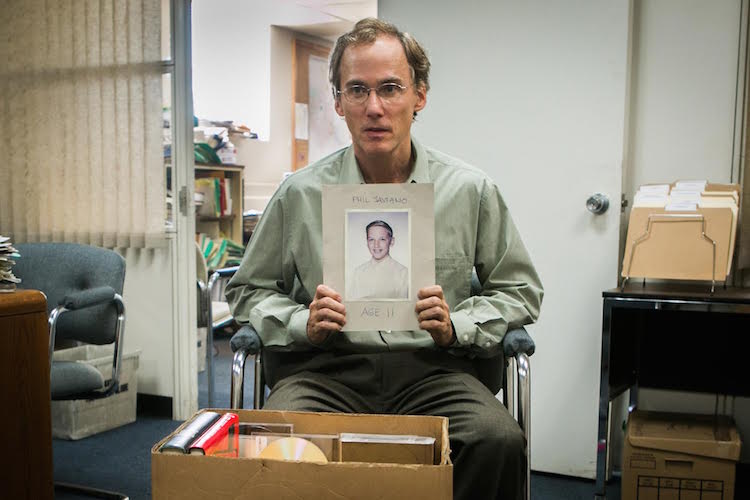
Co-written and directed by Tom McCarthy, the film is a demonstration of how precisely crafted filmmaking can triumph over showboating. The film understands journalism and treats the story like it is a full-blooded investigation: plot points are strategically mapped out, dialogues are infused with grounded intelligence, scenes are executed with necessary patience, and the pace is rhythmically pitch-perfect as reporting goes hand-in-hand with the personal lives of the journalists.
The fusion of strong acting, clear character work, and powerful series of events allows Spotlight to build its considerable cumulative power. It is easy to overlook McCarthy and his team's craft since "based on a true story" don't usually play out like this. In most cases, filmmakers perceive a necessity to dramatize, even sensationalize, true events for artistic purposes. That formula has worked well in terms of courting Oscar. And while Spotlight initially looks like it is following that template, it veers away by shifting its approach to the story. Confrontations and emotional outbursts are kept to a minimum. Scenes depicting interviews with sources are grippingly observed. The editing is rarely showy, but it constantly escalates the dramatic tension scene after scene. Several shots are scrupulously composed to further illustrate the Catholic Church’s pervading hold on the Boston community. The storytelling is dignified, careful, and methodical, but it also imbues it with honesty, bravery, and humanity.
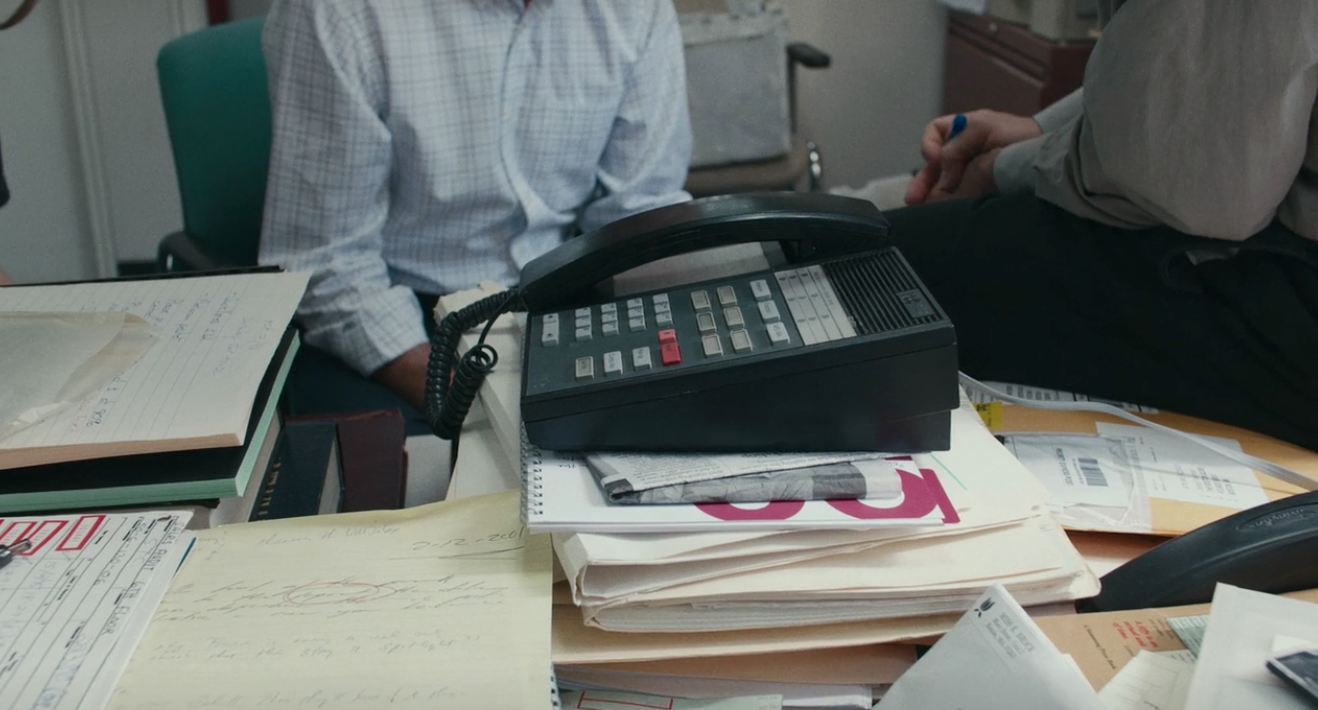
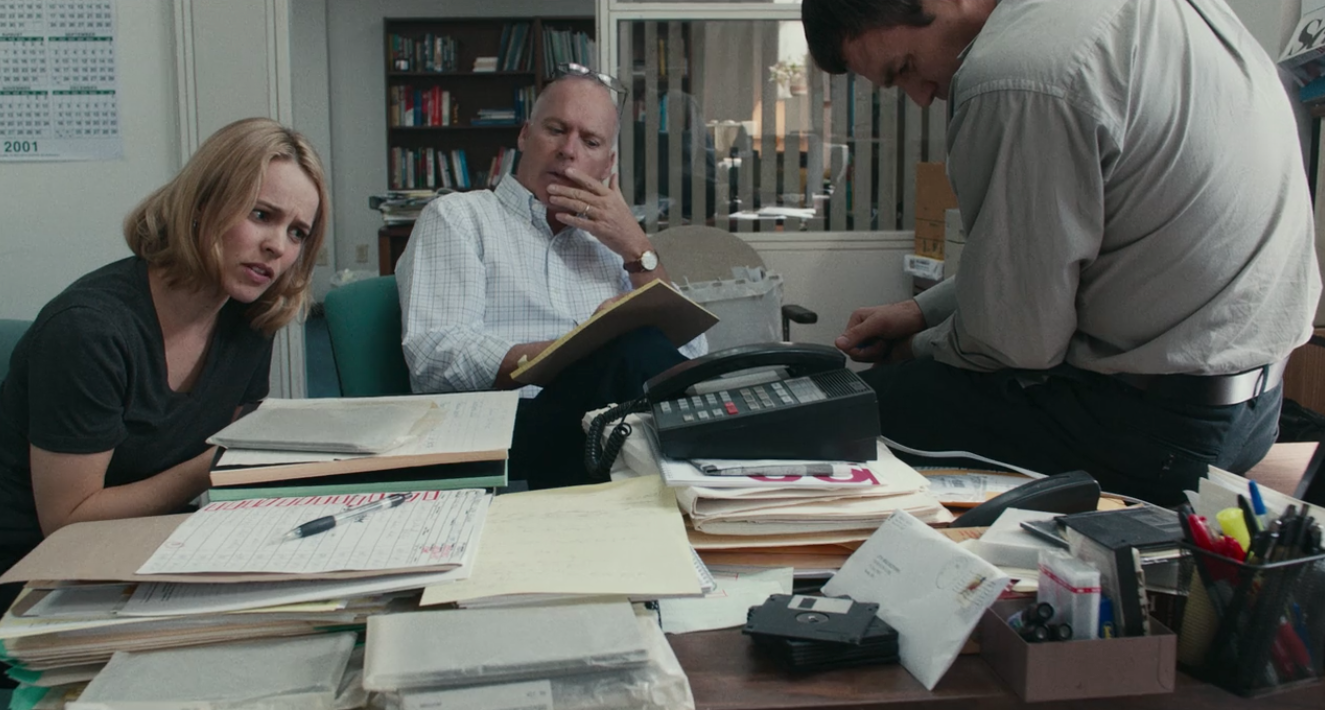
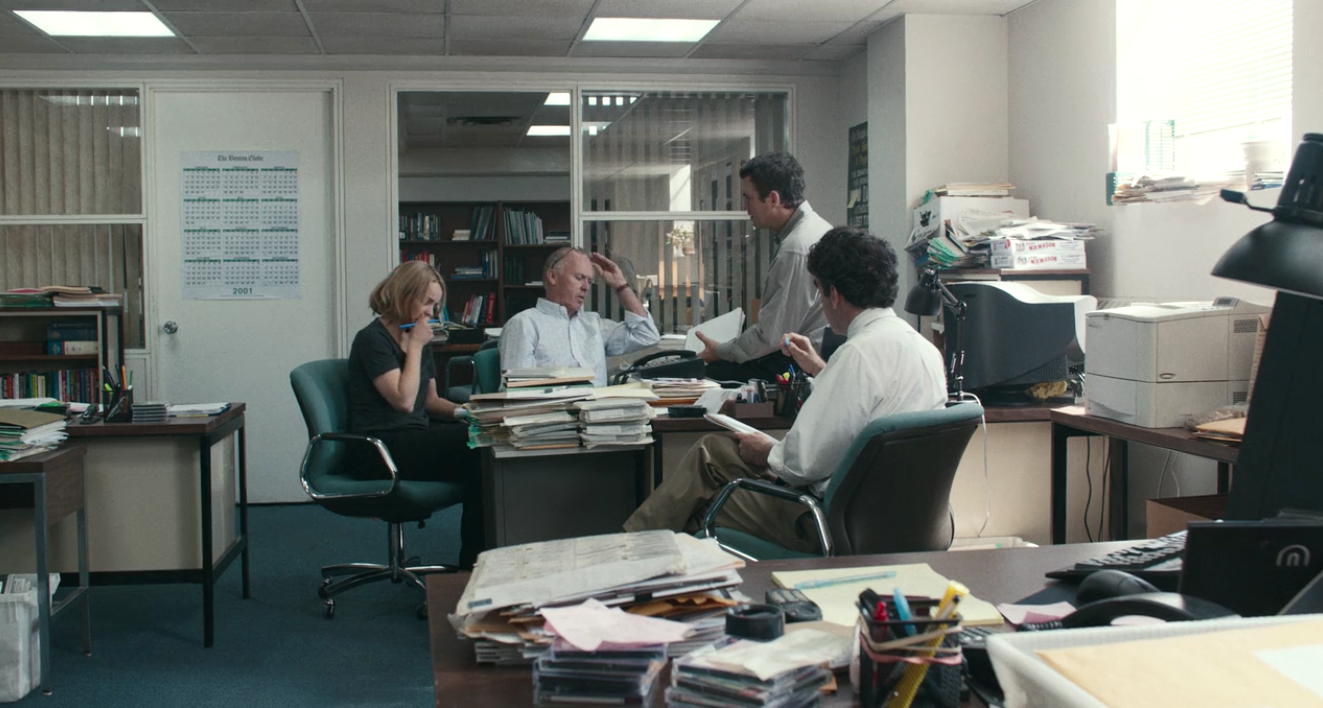
Take the scene where the team is talking to Richard Sipe, a former priest doing rehabilitation work for pedophile priests. It starts with the close up of a telephone with Sipe on loudspeaker as he is being questioned by the team. As the team knows more about the case with Sipe’s answers, the camera pulls back very carefully to reveal the journalists and their reactions. As they reach the jaw-dropping revelation that 6% of priests in Boston are engaged in sexual abuse, the shot becomes a full-on wide shot, dwarfing the journalists stunned by that piece of information. Meanwhile, Howard Shore’s quietly powerful, somber score gradually gains power in amplifying the magnitude of that reveal.
What comes after is the inevitable series of events that will ultimately put the team head on against the Archdiocese of Boston and ultimately, the Catholic Church. Stakes are incredibly high, powerful people are involved, and they are asked to go all in. The work eventually becomes personally taxing, but the situation calls for it. This is not just a case of few bad apples; this is a systematic cover-up orchestrated by one of the most powerful institutions in the world.
And we reach the final scene: Robby and Mike, with differences resolved, arrive at their office. They were anticipating complaints and protests outside their office, but instead come numerous phone calls. Not by protesters, but by victims. Robby, slowly absorbing the gravity of the impact of their first article, stands there for a bit and then proceeds to answer a call. It's a truly sobering moment for him and us. While there are people coming forward to share their history of sexual abuses, there are a lot more out there waiting to see the conversation get started. As proven by the #MeToo and #TimesUp movements, even the high-profile revelations of such crimes are just scratching the surface.
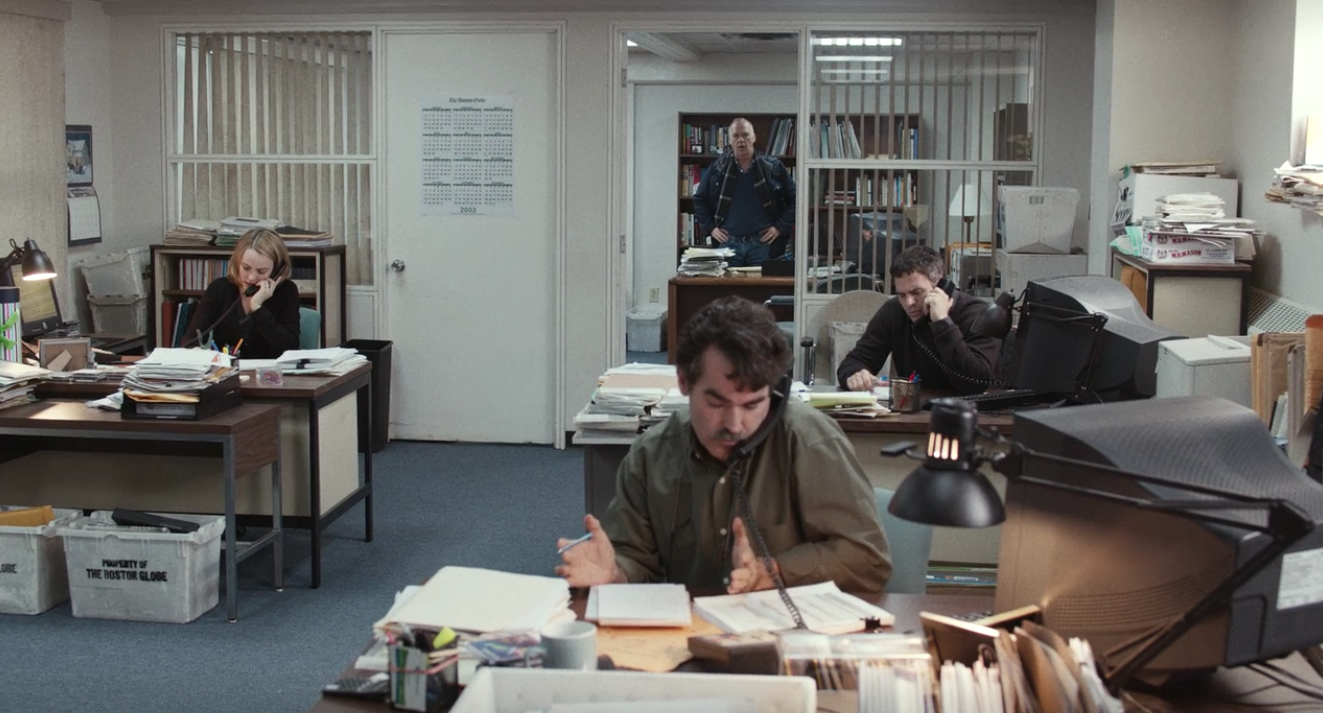
What comes next is perhaps the most horrifying “images” in the film. In a series of title cards, the film reveals that Cardinal Law has been transferred to the Basilica di Santa Maria Maggiore in Italy, displaying the continuous complicity and hypocrisy of the Catholic Church in these abuses. What follows is a long list of cities all over the world in which stories of sexual abuses by Catholic priests have been uncovered. Unfortunately, the work done by the Spotlight team is just uncovering the tip of an iceberg.
On a personal note, the film came to my life at the perfect time. I watched it while I myself was making my thesis film in film school about a journalist investigating the crimes of a powerful religious organization. I had my story even before I knew about the existence of this film. My film and McCarthy’s film are vastly different in visual language and context but united in rage. This was the unexpected trailblazer that I needed to give me the courage to continue with my project.
As a mass communication student living in a country with one of the highest number of journalist killings in the world, the subject matter was uncomfortably close. As a believer, I am passionate about criticizing crimes committed within the religious community. As a rational human being, I am enraged by sexual abuses and victimization of children.
I remember vividly the first time I saw Spotlight. As the end credits rolled, I was crying intensely and shaking. I could not stop. It was truly one of the most powerful film experiences I have ever had. I still rewatch it from time to time and that gut punch still comes.
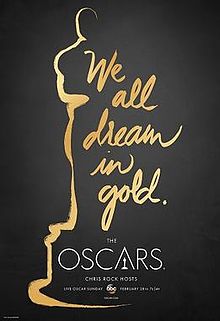
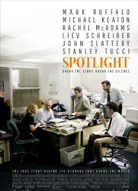 In terms of the Oscar race, perhaps the film came out a bit early. With Trump’s continuous attacks on the media (and literally, anyone who criticizes him), since 2016, it's interesting to imagine if the film would have fared better at the Oscars if it was released just a year or two later. Maybe Michael Keaton would have gotten in too. Maybe an Original Score nomination as well.
In terms of the Oscar race, perhaps the film came out a bit early. With Trump’s continuous attacks on the media (and literally, anyone who criticizes him), since 2016, it's interesting to imagine if the film would have fared better at the Oscars if it was released just a year or two later. Maybe Michael Keaton would have gotten in too. Maybe an Original Score nomination as well.
But here we are in 2020 in the middle of a global pandemic. Misinformation is rampant, and there are self-proclaimed “news organizations” that only harbor propaganda and deception. The value of the truth gets muddled when political histrionics, Twitter rampages, hateful rhetoric, and blatant lies dominated the world conversation.
Spotlight is a vital reminder of how journalism and news reporting should work. It inspires us to be watchful and critical of powerful institutions, and to break the silence once abuses are happening. This film is worth a revisit -- it is truly one of the best films of 2015.